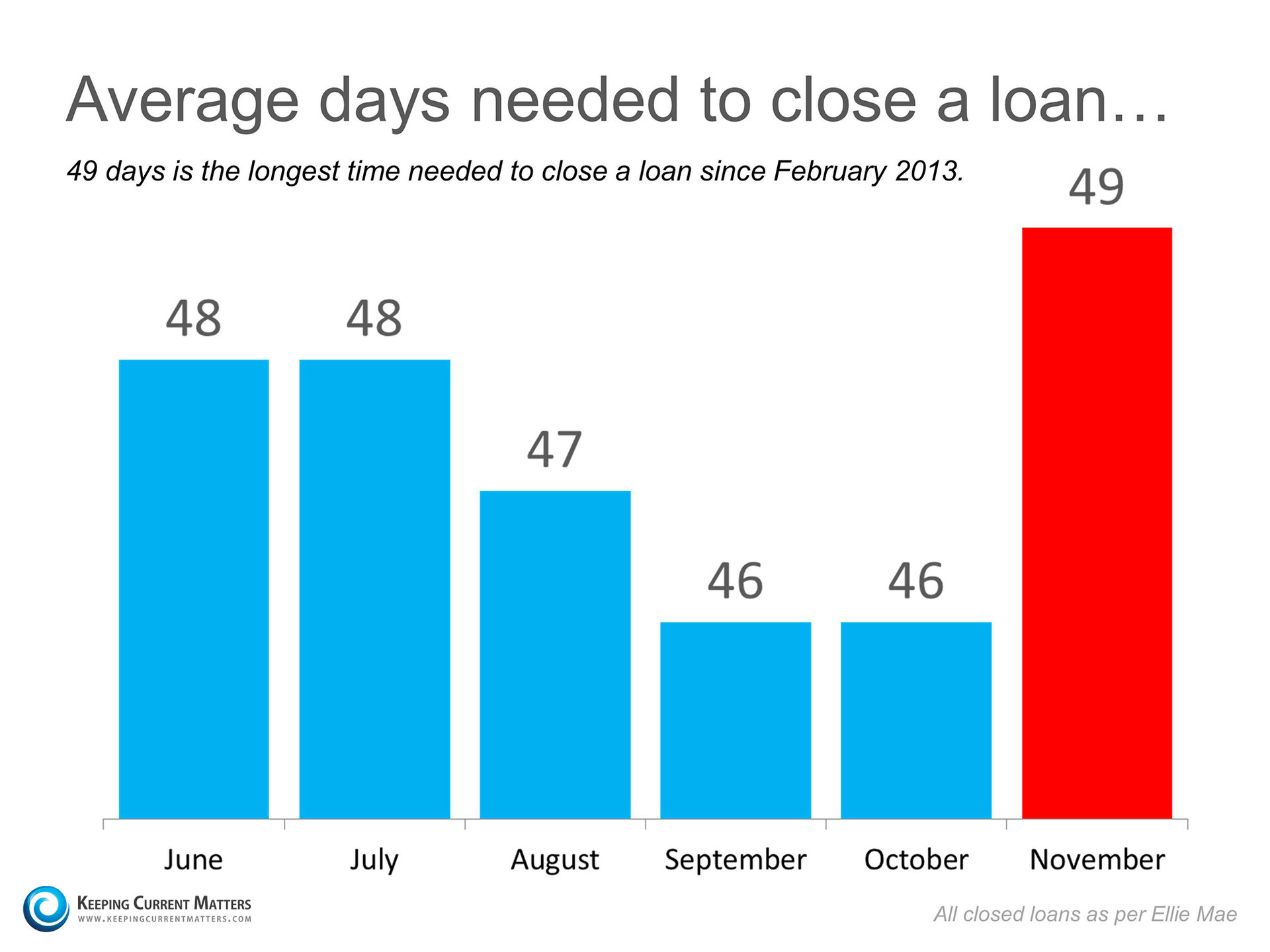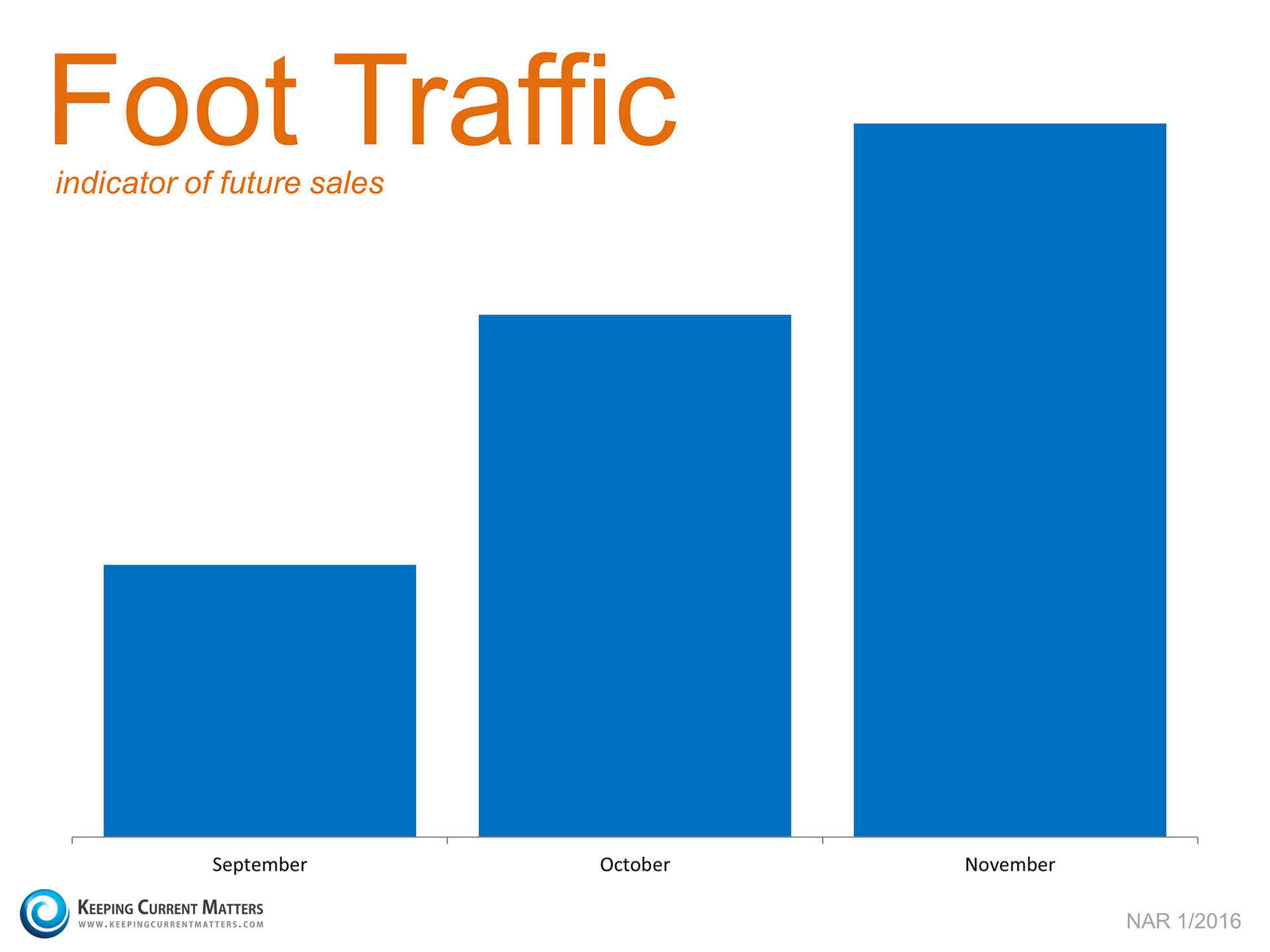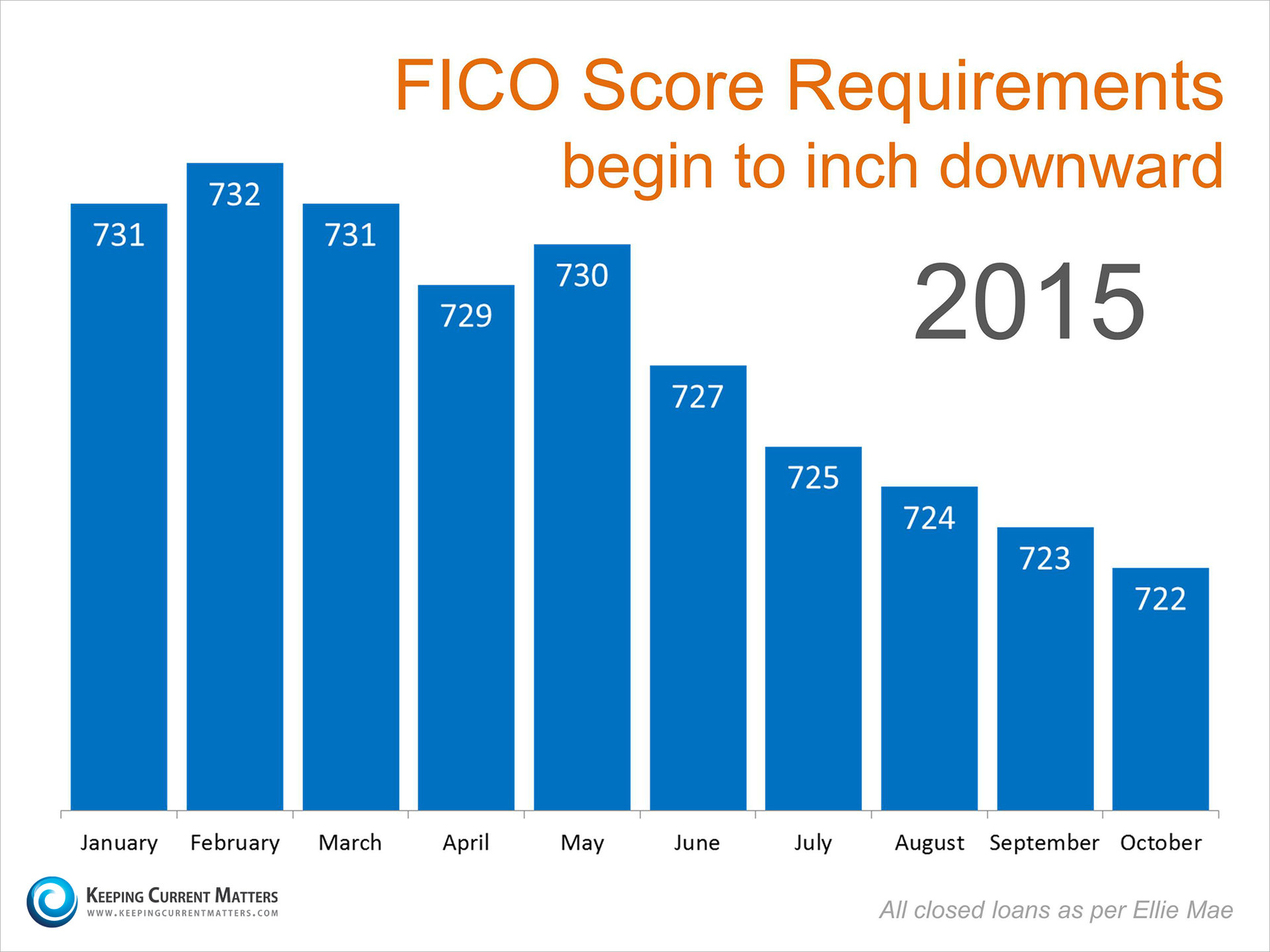Recently, the National Association of Realtors
(NAR) released their latest Existing Home
Sales Report which covered sales in November. The
report revealed that sales:
“…fell 10.5 percent to a seasonally adjusted
annual rate of 4.76 million in November (lowest since April 2014 at 4.75
million)…”
 That revelation gave birth to a series of
industry articles, some of which quoted pundits questioning whether the
housing market was slowing. In actually, there is one rather simple
explanation to much of the falloff in sales last month is likely the
implementation of the “Know
Before You Owe” mortgage rule, commonly known as the TILA-RESPA
Integrated Disclosure (TRID) rule, which went into effect on October 3..
These regulations caused house closings to be delayed by an extra three days
in November as shown in the graph below. That revelation gave birth to a series of
industry articles, some of which quoted pundits questioning whether the
housing market was slowing. In actually, there is one rather simple
explanation to much of the falloff in sales last month is likely the
implementation of the “Know
Before You Owe” mortgage rule, commonly known as the TILA-RESPA
Integrated Disclosure (TRID) rule, which went into effect on October 3..
These regulations caused house closings to be delayed by an extra three days
in November as shown in the graph below.  Three days might sound like a
minimal difference. However, since there are only approximately 20 days in a
month that a closing would normally take place (Mondays through Fridays),
losing three days constitutes well over 10% of all closings. These sales are
not lost. They are just moved into the next month’s numbers. In a DS News article
on the subject yesterday, Auction.com
EVP Rick Sharga explained: Three days might sound like a
minimal difference. However, since there are only approximately 20 days in a
month that a closing would normally take place (Mondays through Fridays),
losing three days constitutes well over 10% of all closings. These sales are
not lost. They are just moved into the next month’s numbers. In a DS News article
on the subject yesterday, Auction.com
EVP Rick Sharga explained:
“The most likely cause for the weak sales
numbers is a delay in processing loans due to the new TRID mortgage
requirements imposed by the CFPB. This is the biggest change in mortgage
document processing in many years, and there have been numerous reports within
the industry of problems implementing the process and the new documentation
that comes with it.”
So how is the
housing market actually doing?
A better way to look at how well the housing
market is doing is to look at the Foot Traffic Report from NAR which
quantifies the number of prospective buyers that are actively looking for a
home at the current time:
 We can see immediately that
demand to buy single family homes is increasing over the last few months -
not decreasing. We can see immediately that
demand to buy single family homes is increasing over the last few months -
not decreasing.
Bottom Line
No matter what last month’s sales numbers
show, the housing market is still doing well as demand remains strong.
David Demangos 858.232.8410 Locally Known, Globally Connected Luxury Home Marketing Specialist Global Property Specialist David@AwesomeSanDiegoRealEstate.com www.AwesomeSanDiegoRealEstate.com Our Team Goes to Extremes to Fulfill Your Real Estate Dreams! |
Tuesday, December 29, 2015
Why Did Home Sales Drop So Dramatically Last Month?
Saturday, December 19, 2015
Millennials: What FICO Score is Needed to Buy a Home?

In a recent article by the Wharton School of Business
at the University of
Pennsylvania, it was revealed that some Millennials are not
looking to purchase a home simply because they don’t believe they
can qualify for a mortgage. The article quoted Jessica Lautz, the National Association of Realtors’
Managing Director of
Survey Research, as saying that there is a significant population
that does not think they will be approved for a mortgage and doesn’t even try.
The article also quoted Fannie
Mae CEO
Tim Mayopoulos :
“I do think that there’s a sense out there
in the marketplace among borrowers that credit may not be available,
especially for people with lower credit scores.”
So what credit score is necessary?
A recent survey reported that two-thirds of
the respondents believe they need a very good credit score to buy a home,
with 45 percent thinking a “good credit score” is over 780. In actually, the
FICO score on closed loans (as reported by Ellie
Mae) is much lower and has been dropping over the last several
months.

Bottom Line
Millennials who are considering a home
purchase should get advice from a local real estate or mortgage professional
now. They may be surprised how much the requirements for a mortgage have
eased.
David Demangos 858.232.8410 Locally Known, Globally Connected Luxury Home Marketing Specialist Global Property Specialist David@AwesomeSanDiegoRealEstate.com www.AwesomeSanDiegoRealEstate.com Our Team Goes to Extremes to Fulfill Your Real Estate Dreams! |
Sunday, December 13, 2015
The Importance of Home Equity to a Family
There has been much written about how
dramatically home values have increased over the last several years. With the
increase in values, comes an increase in the equity each home owning family
now has. The Joint Center
of Housing Studies at Harvard
University recently reported that, after taking inflation
into account, aggregate home equity has increased 60% since 2010. Home equity
is the major component
of most family’s overall wealth.
|
Saturday, December 12, 2015
NAR Reports Reveal Two Reasons to Sell This Winter
 We all realize that the best time
to sell anything is when demand is high and the supply of that item is
limited. The last two major reports issued by the National Association of Realtors (NAR)
revealed information that suggests that now is a great time to sell your
house. Let’s look at the data covered by the latest Pending Home Sales Report and Existing Home Sales Report. We all realize that the best time
to sell anything is when demand is high and the supply of that item is
limited. The last two major reports issued by the National Association of Realtors (NAR)
revealed information that suggests that now is a great time to sell your
house. Let’s look at the data covered by the latest Pending Home Sales Report and Existing Home Sales Report.
THE PENDING HOME
SALES REPORT
The report announced that pending home sales
(homes going into contract) are up 3.9% over last year, and have increased
year-over-year now for 14 consecutive Lawrence Yun, NAR’s Chief Economist, expects
demand to remain stable through the final two months of the year, and “forecasts existing-home sales to
finish 2015 at a pace of 5.30 million – the highest since 2006.”
Takeaway: Demand
for housing will continue throughout the end of 2015 and into 2016. The
seasonal slowdown often felt in the winter months hasn’t started and shows
little signs of being near.
THE EXISTING HOME
SALES REPORT
The most important data point revealed in
the report was not sales but instead the inventory of homes on the market
(supply). The report explained:
- Total housing
inventory decreased 2.3% to 2.14 million homes available for sale
- That represents a
4.8-month supply at the current sales pace
- Unsold inventory is
4.5% lower than a year ago
There were two more interesting comments
made by Yun in the report:
1. "New and existing-home supply has
struggled to improve, leading to few choices for buyers and no easement of
the ongoing affordability concerns still prevalent in some markets."
In real estate, there is a guideline that
often applies. When there is less than 6 months inventory available, we are
in a sellers’ market and we will see appreciation. Between 6-7 months is a
neutral market where prices will increase at the rate of inflation. More than
7 months inventory means we are in a buyers’ market and should expect
depreciation in home values. As Yun notes, we are currently in a sellers’
market (prices still increasing).
2. "Unless sizeable supply gains occur
for new and existing homes, prices and rents will continue to exceed wages
into next year and hamstring a large pool of potential buyers trying to buy a
home.” As
rents and prices increase, potential buyers will not able to save as much for
a down payment and many may become priced out of the market.
Takeaway: Inventory of homes for sale is still well below the 6 months needed for a normal market. Prices will continue to rise if a ‘sizeable’ supply does not enter the market. Take advantage of the ready willing and able buyers that are still out looking for your house. Bottom Line
If you are going to sell, now may be the
time.
David Demangos 858.232.8410 Locally Known, Globally Connected Luxury Home Marketing Specialist Global Property Specialist David@AwesomeSanDiegoRealEstate.com www.AwesomeSanDiegoRealEstate.com Our Team Goes to Extremes to Fulfill Your Real Estate Dreams! |
Wednesday, December 9, 2015
What You Really Need To Qualify For A Mortgage
A recent survey by Ipsos found that
the American public is still somewhat confused about what is actually
necessary to qualify for a home mortgage loan in today’s housing market. The
study pointed out two major misconceptions that we want to address today.
|
Subscribe to:
Posts (Atom)




